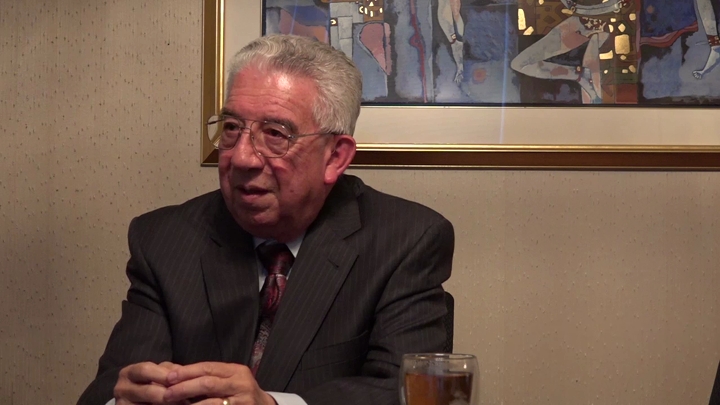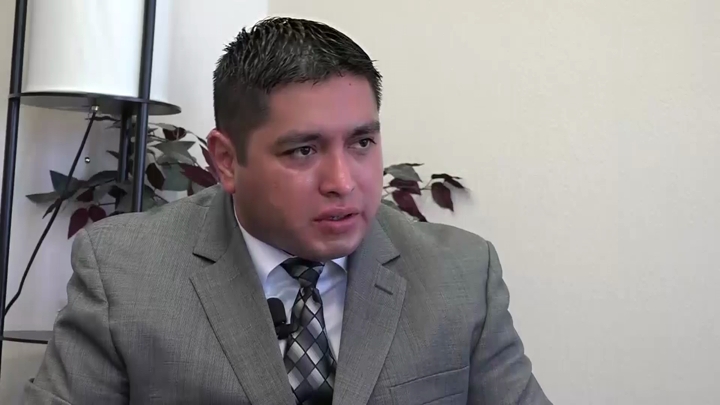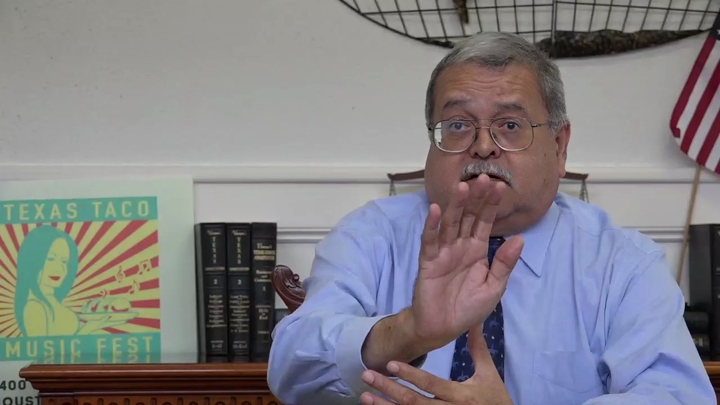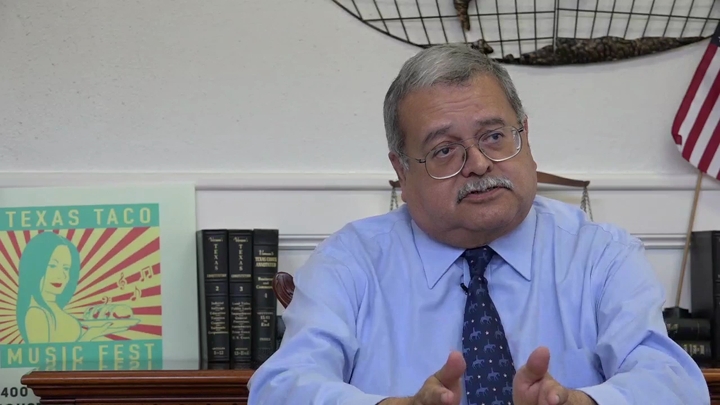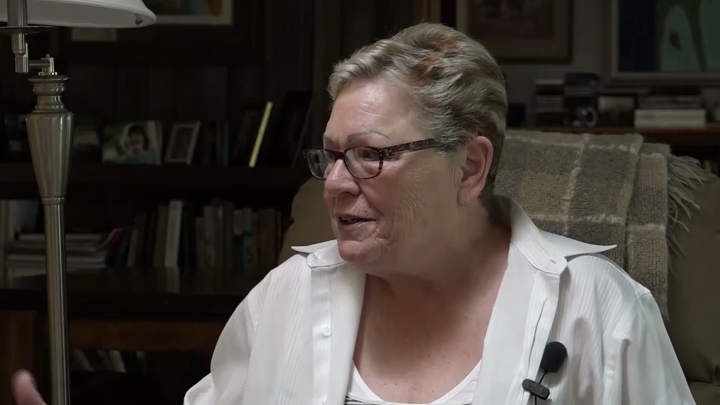Jimenez / The Framework of Human Rights and Interracial Work
sign up or sign in to add/edit transcript
Interviewer: You were involved in a lot of coalition building back in your younger days, does it continue with the migrant worker struggle and can you talk a little about that? Maria Jiménez: Oh, yes. That has continues in the worker center or it has continues in the work that’s immigration work. It is always about how do you unite sectors for equality. There is the difference. It has to be grounded on the affected group. You cannot have people fighting for immigrant rights if you do not have immigrants being the predominant group fighting for its own rights. It has to be based on that principle. That affected group had to be the driving force. In the theoretical analysis I learned- you have a directive force, a driving force, so the directive and driving have to be the same. So, once that is done- basically other can join and participate in the fight, whether that is the church sector. Or the labor sector or whatever other sector wants to be part of it, and keep it as broad as possible, too. That is why the framework of human rights is good because it gives you a broad definition of what you are fighting for. And it is an international definition. People in the oppressive world understand the concept of human rights. Interviewer: One of the things I want to ask you, of the African Americans that walked with you during the campaign, did any of them stay involved later? Maria Jiménez: They stayed involved. I think they would get involved if they were called to get involved. Just like we would get involved if we were called to get involved. Interviewer: What collaborations did you do? Maria Jiménez: Mainly it is collaborations over specific things. Omawale puts together our youth gathering on Martin Luther King Day- so something specific like that. We might join together like when Neda Edwards was fighting the – was fighting to establish a civilian review body of the Houston police. In general I think we are not the- I mean it was those specific things- but not that conscience integration of the movements. I think that is still the case. Interviewer: Why do you think that is? Maria Jiménez: Partially, you have to insert yourself in how mature the relationship is in the community itself. If the communities is not integrated themselves, no matter the leadership, it will not be – it will not happen. That is pretty much where we are. Interviewer: What are some of the barriers between Latinos and African Americans? Maria Jiménez: I think some of the barriers- there is racism and xenophobia. I do not know how many Latinos will talk with Latino immigrants and they have stereotypes of African Americans. But I have been in meetings with African Americans and they talk about immigrants taking jobs away. So there is like- there is an ideological perception that is framed by the reality – each ones reality within the social structure that impedes certain people getting together. Then, I think there is also – I know so- there is continued strife in school. That leaves an impression of how the other group is. The language differences will always be a problem. There has to be a conscious effort to overcome them. I think those are some of the barriers. I think there is a lot of stereotyping. I was – When Obama was working for the first time I was working in Central American Agency. It shocked me on how the staff, who was Brazil, Honduras, El Salvador, Guatemala, had a great deal of resentment toward African Americans because of their experiences of living in apartment complexes which there were violent incidents between them. I think the only ones who supported Obama was the Mexicans- the Mexican Americans who lived in the US and was conscious there was racism playing a big part in the issue. So I think a lot of it deals with that.
| Interview | Interview with Maria Jimenez |
| Subjects | Citizenship › Immigration Status |
| Citizenship › Political Rights | |
| Work › Occupations | |
| Police and Law Enforcement | |
| Electoral Politics › Election Campaign Strategies | |
| Electoral Politics › Election Campaigns | |
| Student Activism › Latino/a Participation in Black-led Actions | |
| Student Activism › Black Participation in Latino/a-led Actions | |
| Chicano Power › Chicano Power and Community Organizing | |
| Tags | sign up or sign in to add/edit tags |
| Interview date | 2016-06-13 |
| Interview source | CRBB Summer 2016 |
| Interviewees | Jimenez, Maria |
| Interviewers | Enriquez, Sandra |
| Rodriguez, Samantha | |
| Locations | Houston, TX |
| Duration | 00:05:59 |
| Citation | "The Framework of Human Rights and Interracial Work ," from Maria Jimenez oral history interview with Sandra Enriquez and Samantha Rodriguez, June 13, 2016, Houston, Civil Rights in Black and Brown Interview Database, https://crbb.tcu.edu/clips/4617/the-framework-of-human-rights-and-interracial-work, accessed February 26, 2026 |


